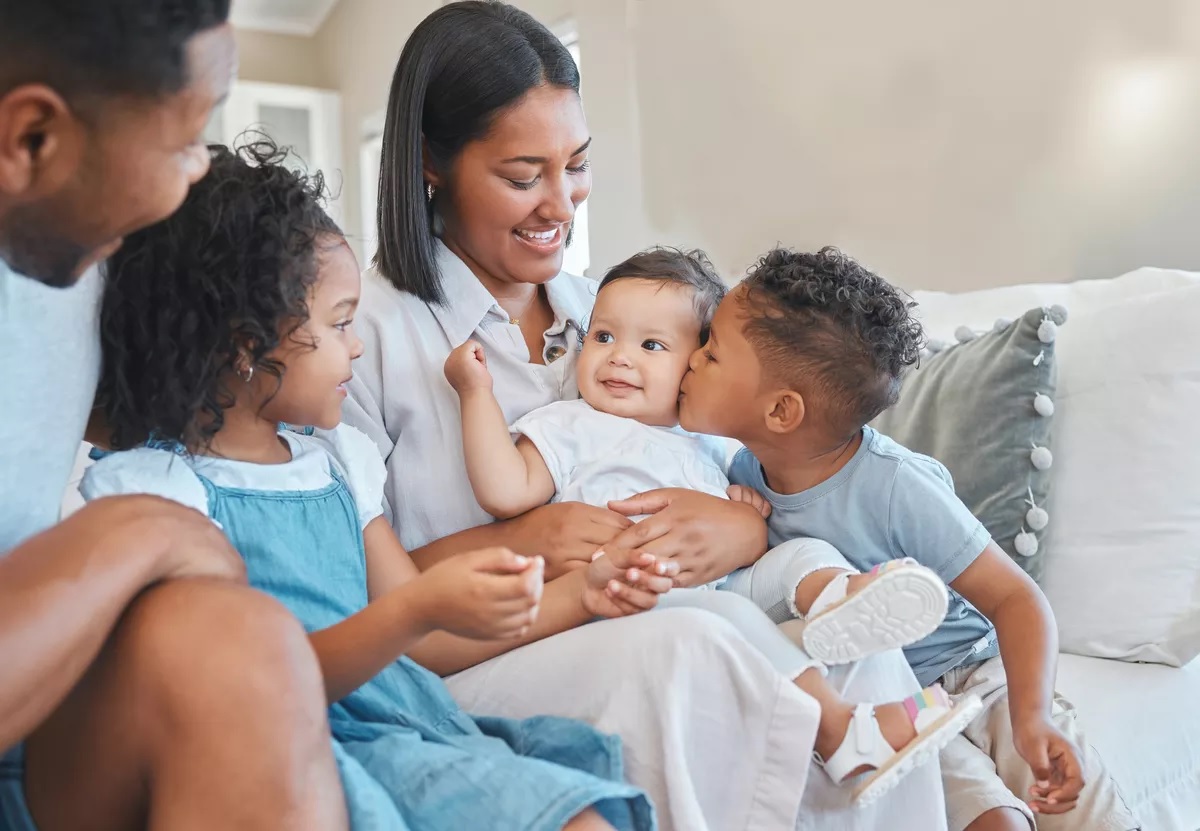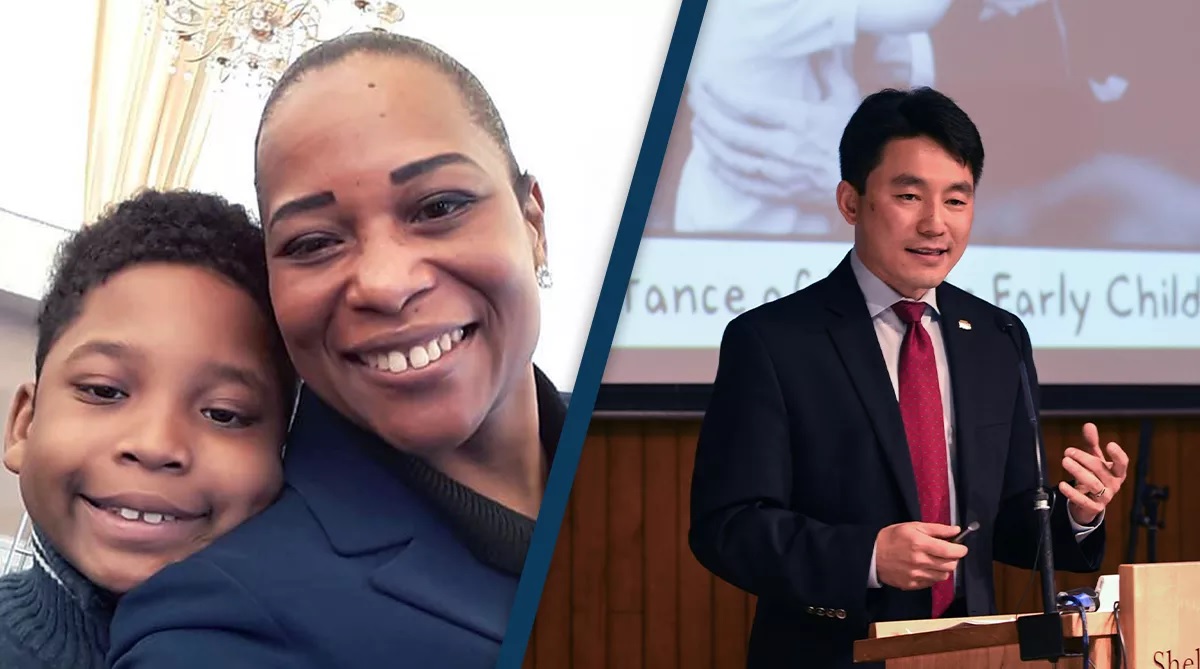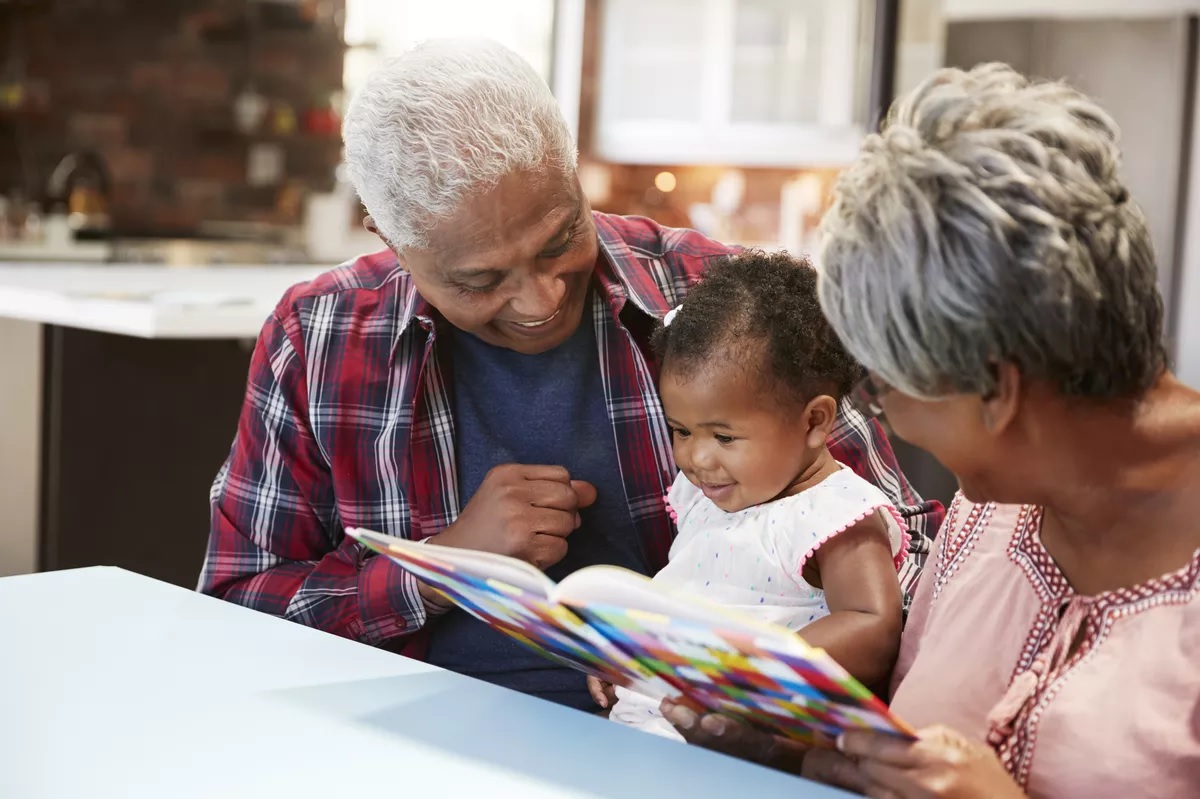👋 Welcome to Starting Early. Every other week, we spotlight new reports, useful news, engaging interviews with people doing important work, and interesting takes on maternal health and early childhood development issues.
Everyone experiences stress in their life, but frequent, extended exposure to stress or trauma can be harmful — especially for children. Adverse childhood experiences (ACEs) — traumatic events that occur before age 18 — are associated with poor health and other lifelong problems ranging from heart disease and depression to unemployment. Though we can’t always prevent ACEs, there is a proven way to reduce the damage they cause and it doesn’t require a prescription: healthy, positive relationships. 💞
- Bruce Perry explains in The Boy who was Raised as a Dog, “The more healthy relationships a child has, the more likely he will be to recover from trauma and thrive. Relationships are the agents of change and the most powerful therapy is human love.”
The field of Early Relational Health draws on decades of neuroscience research that shows the importance of child-caregiver relationships to lifelong physical, emotional, and mental wellbeing.
🩺Pediatricians want action: The American Academy of Pediatrics urges its members to promote safe, stable, nurturing relationships because they buffer childhood adversity and help build resilience. In this issue, we highlight powerful initiatives promoting Early Relational Health.
Read the links and go deeper.
1 big thing: Early Relational Health pays lifelong dividends

Relationships with caregivers are the first connections a child makes, so they are the most impactful. Early Relational Health depends on moment-to-moment interactions caregivers have with infants and toddlers: holding, feeding, diapering, singing, and reading to a child, playing — and just being together.
It’s about brain growth: Our brains reach 80% of adult volume by age 3. An environment of safe, stable, and responsive relationships promotes healthy brain development, healthier eating and sleep habits, lower risk of asthma, and better emotional regulation.
Not just for kids: The adult brain can change and grow in anticipation of — and in response to — caregiving experiences before and during early parenthood. Responsive caregiving is associated with improved parent-child bonds, reduced symptoms of maternal anxiety and depression, and better cardiac health.
It really does take a village: Early relationships thrive when caregivers and families get the support they need. Many parents, though, lack the resources and support systems to engage in responsive caregiving. That vacuum contributes to mental and emotional distress that can weaken the parent-child bond.
- A national survey of families with young children during the pandemic found 32% had difficulty paying for such basic needs as utilities, food, and housing.
- In a global study of parenting experiences, a third of parents with infants reported being lonely.
We need policies and initiatives that reflect the value of the earliest years. Examples are paid family leave, child tax credits, and access to wraparound services. These upstream investments ease stress on families so they can focus more on relationships with their children.
The New Jersey Chapter, American Academy of Pediatrics (NJAAP) is working on that in New Jersey. With the Burke Foundation and New Jersey Department of Children and Families, NJAAP hosted its inaugural Early Relational Health Summit last May. Nearly 200 attendees shared resources and showcased efforts to advance healthy early relationships. One participant offered, “Early Relational Health was a new concept for me. Then I realized we’ve been doing it for a long time — teaching parents to interact with kids in little ways. But now it has a name. That’s very impactful.”
2. Dispatches from the field: Building systems of support for children and families

We spoke with 2 Early Relational Health champions — LaVonia Abavana and Dr. Junlei Li. LaVonia is a proud mother and parent advocate, who has worked with the Camden City School District and many parent councils. Dr. Junlei Li co-chairs the Human Development and Education Program at the Harvard Graduate School of Education.
The Burke Foundation is partnering with Dr. Li and Thelma Ramirez of the Harvard Graduate School of Education on an upcoming report, Early Relational Health: A Review of Research, Principles, and Perspectives. Here are highlights from our conversation:
What is Early Relational Health and why is it important?
Junlei: Its importance lies in the words themselves. When we say “early” we’re talking about very young children. “Relational” means it’s about the relationships young children have with the people around them. And “health,” in this case, means the wellbeing of the whole person. It’s not just your physical health. It’s your mental health, it’s the health of your learning. Early Relational Health puts all these things together: the development of very young children, the protective relational buffer they have around them, and their overall health.
Early Relational Health provides for the thriving of children, their caregivers, and the community. That is what makes it so important — as an inclusive concept and vision.
LaVonia, how did you get involved in supporting families and children?
LaVonia: My son was bullied in school because of his Tourette Syndrome. When he was having physical and vocal tics, teachers thought he was being disrespectful. Kids would call him names and threaten him. My son was traumatized. They dismissed me when I advocated for him. Neither his voice nor mine was being heard.
Focused only on making sure my son was okay, I had forgotten about myself. His primary care doctor also helped me. It was a two-generational effort on her part. It really was the theory that “it takes a village” that got me started. I don’t want any parent to feel they’re alone in dealing with these types of situations.
What does it mean to have an Early Relational Health ecosystem?
Junlei: We focus on the concept of an Early Relational Health ecosystem in our report because an ecosystem thrives when everyone in it is healthy. In the past, we talked about policies primarily in terms of wanting children to be well. And if children were not well, we blamed adults — teachers, parents, the community. Our report suggests a more inclusive goal: Healthy child development depends on supporting everyone who cares for the child. We want everyone to be healthy within this Early Relational Health ecosystem.
Read the full interview here.
3. Books and bonding

Reach Out and Read helps pediatricians promote healthy parent-child relationships through reading. During well-child visits, participating pediatricians give books to families and encourage caregivers to read aloud to their baby. Reach Out and Read reaches 4.2 million children across the US, including 75,000 in New Jersey. The program is associated with improved child language and literacy skills and increased school readiness.
And the benefits extend beyond improved learning. Studies of the program show:
- Reduced maternal depression in young, single mothers
- Increased attendance at well-child visits
- Lower risk of social-emotional developmental delay
Why it matters: Pediatricians are positioned well to support strong foundational relationships and bonding between caregivers and families — especially during the first 1,000 days.
Yes, but: Pediatricians need the tools to support relational health. Reach Out and Read revised its core training to emphasize the connection between healthy development and Early Relational Health and show providers how best to promote healthy early relationships. Already 10,000 clinicians have been trained.
Dr. Usha Ramachandran, medical director of Reach Out and Read New Jersey and associate director of pediatrics at Rutgers Robert Wood Johnson Medical School, reflects, “I’ve felt for a long time that, while books and literacy are amazing vehicles, the magic fuel that sets children on a beautiful journey of development, discovery, and long-term wellbeing, is the warmth and connection of shared reading with caregivers.”
4. The roundup
Learn about upcoming events, new funding opportunities, and jobs in maternal and infant health and early childhood:
- Be an Early Relational Health advocate: A new messaging guide from the Center for the Study of Social Policy helps advocates communicate the importance of Early Relational Health to various audiences.
- Meeting families’ needs: The US Department of Health and Human Services announced the Federal Diaper Assistance Pilot to distribute free diapers to low-income families. The program awards $8 million in grants to 6 states and a tribal consortium to help diaper banks assist families.
- High-quality childcare: The New Jersey Economic Development Authority is accepting applications for its Child Care Facilities Improvement Program, an initiative awarding up to $200,000 in grants to licensed childcare centers.
- Some of Burke’s favorite New Jersey partners are hiring: NJAAP seeks a program manager to support Early Relational Health and maternal-child health initiatives. The Greater Newark Health Care Coalition seeks a director of programs and manager of operations to join its team.
